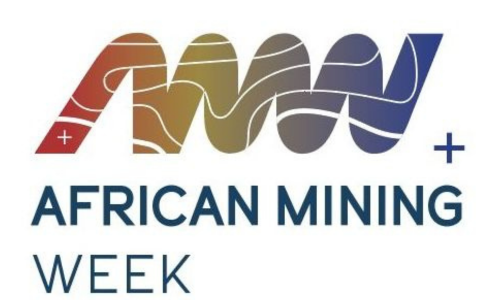Key Investor Takeaways from African Mining Week 2025
)
The event’s sessions unpacked emerging market trends and practical strategies to address persistent challenges, including limited access to capital, infrastructure deficits and insufficient industrialization across mineral-rich economies.
Local Beneficiation Is Creating New Investment Frontiers
A strong call emerged for Africa to move beyond raw mineral exports and expand local beneficiation. Speakers emphasized that increasing in-country value addition will be key to attracting infrastructure investment, creating employment and boosting export revenues.
Louis Watum Kabamba, Minister of Mines for the Democratic Republic of the Congo (DRC), spotlighted how the DRC is leveraging special economic zones to channel its estimated $24 trillion in untapped mineral wealth into local industrial development. Zimbabwe’s Minister of Mines and Mining Development, Winston Chitando, highlighted ongoing efforts to expand lithium processing capacity and develop three industrial parks – in Hwange, Beitbridge and near Harare – to strengthen the country’s beneficiation ecosystem.
Regional Collaboration Is Driving Scalable Market Opportunities
Policy alignment and cross-border cooperation are also emerging as catalysts for large-scale investment. Discussions centered on policy harmonization, shared infrastructure and the development of cross-border trade corridors to enable more integrated value chains.
Secretary General of the Africa Minerals Strategy Group, Moses Michael Engadu, urged African countries to adopt a collective approach to mineral diplomacy, negotiating with global partners as a unified bloc. Similarly, Nigeria’s Permanent Secretary of Mines, Yusuf Faruk Yabo, emphasized the urgency of developing a continent-wide critical minerals strategy to position Africa as a cohesive and competitive player in the global market.
Technology Is Unlocking Efficiency and Transparency
Technology’s transformative role in reshaping Africa’s mining landscape featured prominently at AMW 2025. Discussions highlighted digitalization, automation and traceability tools as key to boosting efficiency and combating illicit mineral trade. Minister Kabamba shared how AI-driven exploration models are helping the DRC cut discovery timelines from over a decade to just a few years. Companies such as Minexx and Typhoon showcased blockchain and tokenization solutions designed to enhance mineral transparency and traceability across supply chains.
Financing Models Are Shifting Toward Sustainability and Local Integration
With up to $450 billion required by 2030 to develop transition mineral projects and meet 2050 net-zero targets, AMW discussions underscored the need for innovative, locally tailored financing mechanisms. The Africa Finance Corporation and the Industrial Development Corporation of South Africa both highlighted the importance of public–private partnerships, targeted incentives and strong ESG frameworks in improving project bankability. Participants also noted that advancing the formalization of artisanal and small-scale mining will be essential to broadening access to finance and fostering equitable growth.
African Mining Week will return in November 2026, once again convening African and international mining leaders to forge partnerships, secure investment and advance a shared vision for sustainable sector growth. The next edition is set to build on this year’s momentum, presenting investors with a deeper pipeline of projects, partnerships and policy alignment opportunities across the continent.


